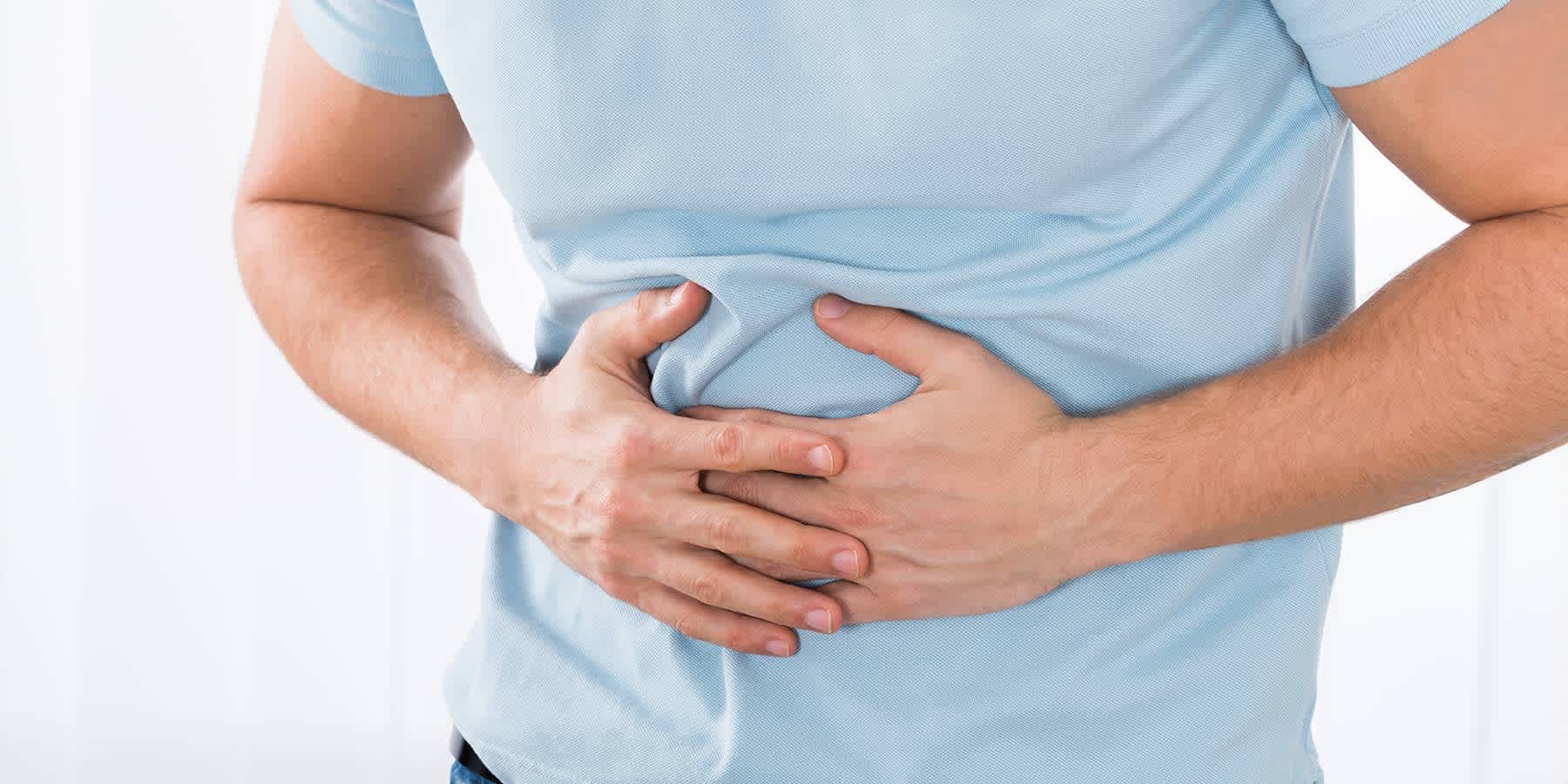Learn how to tell the difference between fat vs bloating.
Learn how to tell the difference between fat vs bloating.
Blog Article
Recognizing the Distinction Between Bloating and Fat: an Essential Guide for Digestive Health And Wellness
Comprehending the difference between bloating and excess body fat is critical for anybody concerned with gastrointestinal health. While bloating presents as a momentary and often uncomfortable problem, commonly connected to dietary practices or gastrointestinal disturbances, body fat represents a more permanent adjustment in one's figure.
Defining Bloating and Fat
Bloating and fat are two distinct physical sensations that can dramatically affect an individual's convenience and body picture. Bloating is normally a temporary occurrence and can change throughout the day, usually settling with way of life modifications or medical treatments.
On the other hand, body fat is a much more permanent and secure part of human physiology, mostly functioning as a power reserve and playing vital roles in hormonal agent policy and insulation. Body fat is classified right into two types: subcutaneous fat, which exists just under the skin, and visceral fat, which surrounds interior organs. While excess body fat can bring about health issues, it is crucial for overall physical functions.

Reasons of Bloating

In addition, food intolerances, such as lactose or gluten intolerance, can result in bloating when the body battles to refine certain compounds - fat and bloating. Consuming also rapidly or taking in carbonated drinks can also aggravate the problem, as these routines introduce excess air into the digestion tract
Lifestyle aspects, including stress and anxiety and lack of exercise, can additionally add to bloating by affecting digestive tract mobility. Certain clinical problems, such as irritable digestive tract syndrome (IBS) or stomach blockage, may additionally lead to persistent bloating. Understanding these causes is crucial for successfully taking care of and easing bloating, permitting individuals to make informed nutritional and way of living choices that sustain their digestion health and wellness.
Signs And Symptoms of Bloating vs. Fat
Identifying in between the signs and symptoms of bloating and excess fat is critical for recognizing one's body and dealing with weblink discomfort efficiently. Bloating generally offers as a sensation of volume or pressure in the abdomen, commonly gone along with by visible distension.
While it may add to a feeling of heaviness, it generally does not produce the acute discomfort linked with bloating. Rather, excess fat has a tendency to gather progressively, leading to a modification in body form and size over time.

Identifying these differences is essential. While bloating is commonly short-lived and connected to nutritional elements or digestive concerns, excess fat indicates a much more chronic problem requiring way of life changes. Understanding these symptoms empowers people to useful reference look for suitable options customized to their particular issues pertaining to digestive system health and wellness and body composition.
Managing Bloating
Effective administration of bloating calls for a diverse method that addresses both dietary options and way of life practices. It is vital to recognize and eliminate details foods that might trigger bloating, such as those high in fiber, gluten, lactose, or specific fermentable carbs (FODMAPs) Maintaining a food diary can aid pinpoint these triggers and overview changes.
Incorporating smaller sized, much more regular dishes instead of big ones can likewise reduce bloating, as it reduces the digestion process (bloating vs fat). Remaining well-hydrated is crucial, as sufficient liquid intake aids digestion and aids prevent irregularity, which can add to bloating
Additionally, engaging in routine physical task advertises gastrointestinal motility and decreases bloating. Straightforward workouts, such as walking or yoga exercise, can effectively ease pain. Mindful eating techniques, such as eating slowly and chewing food thoroughly, might better boost food digestion and limitation air ingesting.
When to Look For Help
Acknowledging when to seek medical aid for bloating is crucial, as relentless or severe signs and symptoms might suggest an underlying health and wellness concern. If bloating is Homepage gone along with by additional worrying signs and symptoms such as significant abdominal discomfort, unusual fat burning, anal blood loss, or constant nausea or vomiting and vomiting, it is imperative to speak with a health care expert. These indicators may suggest conditions such as irritable bowel syndrome, intestinal obstruction, or perhaps much more serious issues like cancer cells.
Additionally, if bloating continues despite dietary adjustments or non-prescription treatments, it requires additional investigation. Individuals with a background of stomach problems ought to be particularly alert, as their danger for difficulties may be greater. Furthermore, if bloating takes place following the consumption of particular foods, it might suggest food intolerances or allergic reactions that require nutritional changes or screening.
Verdict
In summary, identifying in between bloating and excess body fat is important for digestion wellness and general wellness. Bloating, a temporary condition usually connected to dietary elements and gastrointestinal concerns, contrasts greatly with the steady buildup of body fat. Recognizing the signs and symptoms and underlying reasons for each can promote proper management approaches. Individuals experiencing relentless or severe signs should look for specialist support to resolve prospective health problems efficiently. Comprehending these distinctions is essential for informed decision-making pertaining to health and way of living.
Report this page